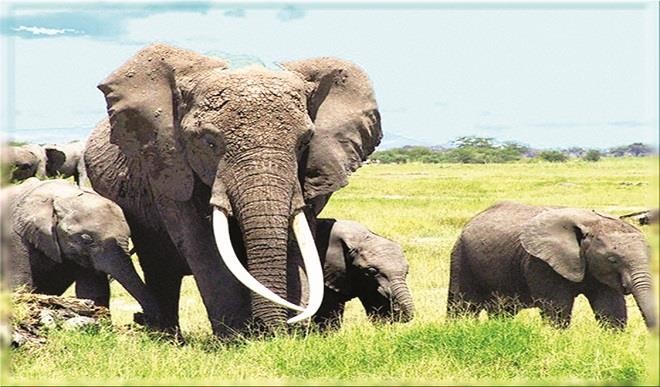CoP17 conference: Wildlife experts seek total ban on ivory trading
The 17th meeting of Conference of Parties to the Convention (CoP17) on International Trade in Endangered Species (CITES) has commenced in South Africa. The gathering of wildlife experts from across the globe will discuss future of the world’s most endangered wildlife species. The experts, who called for total ban on all trades in ivory, disclosed […]


The 17th meeting of Conference of Parties to the Convention (CoP17) on International Trade in Endangered Species (CITES) has commenced in South Africa. The gathering of wildlife experts from across the globe will discuss future of the world’s most endangered wildlife species.
The experts, who called for total ban on all trades in ivory, disclosed that the future of the world’s most endangered wildlife species, including elephants and rhinos populations have dramatically declined over the years due to poaching and trafficking.
President of Animal Defenders International, Jan Creamer, said what they need in appendix one is a total ban on all trade in ivory.
“We need all the lions on appendix one, we need all of the rhinos protected, we must not have any down listing. This is now, these species, they are looking extinction in the face and it’s our fault,” he said.
According to the experts, annually, international wildlife trade is estimated to be worth billions of dollars. The trade is diverse, ranging from live animals and plants to a vast array of wildlife products derived from them, including food products, exotic leather goods, wooden musical instruments, etc.
Speaking at the event, President Jacob Zuma of South African said illegal trade in wildlife, including poaching, presents significant challenges and threats to the environment and undermining the potential benefits arising from legal trade that contributes significantly to socio-economic upliftment and development.
The conference which will run until 5th October is expected to tackle 62 different proposals coming from wildlife experts around the world, concerning some 500 species.
